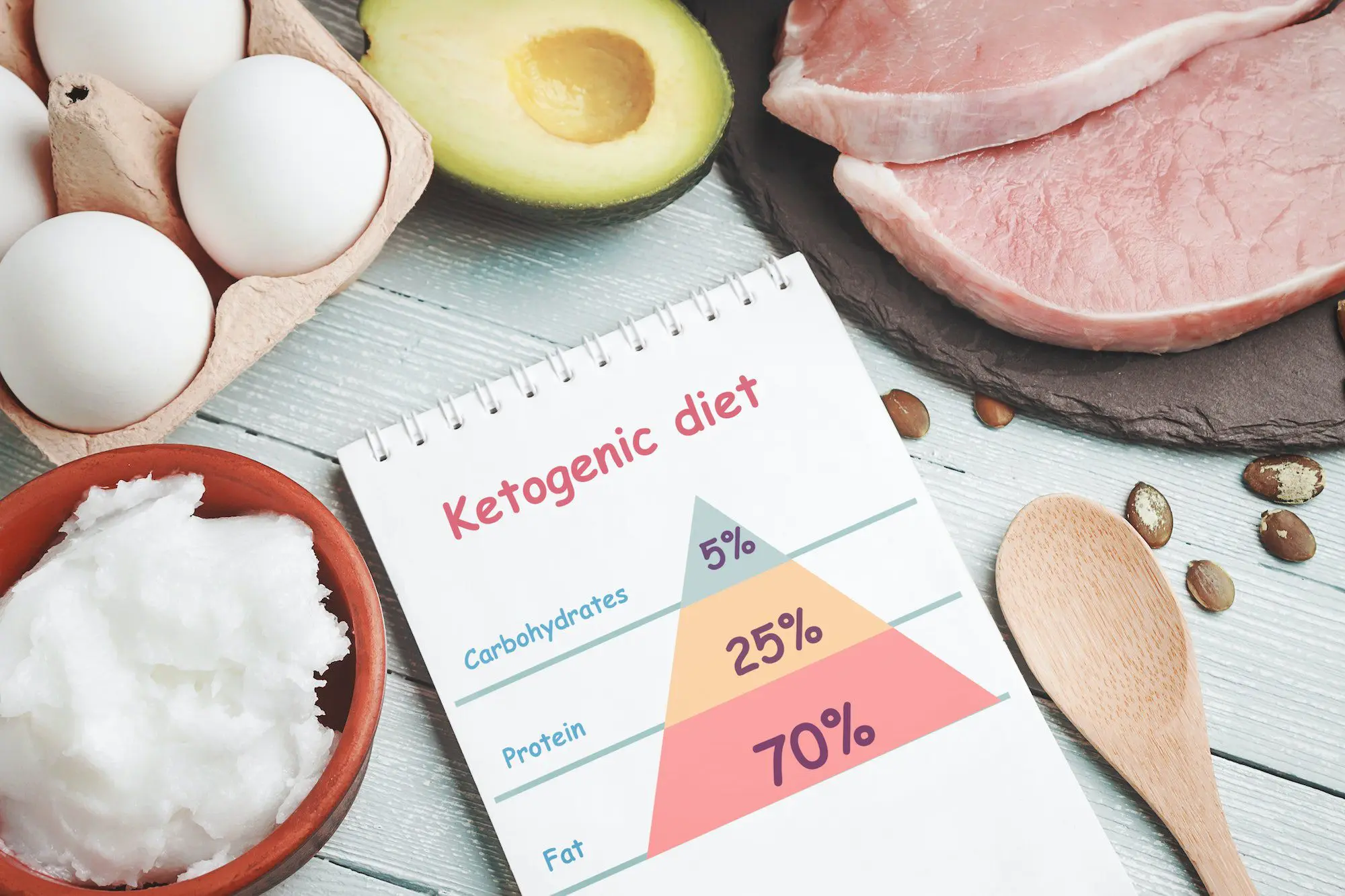Hey there! In this article, we’ll dive into the fascinating world of ketosis and how it can help your body burn fat for fuel. Ketosis is a metabolic state that occurs when your body switches from using carbohydrates as its primary energy source to utilizing stored body fat instead. Let’s explore the science behind it and how you can harness its benefits!
The Role of Carbohydrates:
Our body typically derives its energy from dietary carbohydrates, such as rice, bread, pasta, and fruits. When we consume carbohydrates, they are broken down into glucose, which is then used by our body for energy. Insulin, a hormone, helps remove glucose from the bloodstream, and any excess glucose is either utilized for energy or stored as glycogen in the liver and muscles.
The Link to Ketosis:
However, when carbohydrate intake is restricted, and sources are controlled, our body enters a state called lipolysis. This is when stored body fat is broken down for energy instead of relying on dietary carbohydrates. The by-products of this fat-burning process are ketones, and the state of utilizing ketones for fuel is known as ketosis.
Benefits of Ketosis:
By eliminating carbohydrates, your body is forced to tap into its fat reserves, creating an environment conducive to fat burning. Ketones provide a reliable source of fuel for your cells, brain, and organs, similar to glucose from carbohydrates. However, unlike glucose, ketosis allows the body to burn stored fat for fuel rather than storing it. This is why low-carbohydrate diets have gained popularity and have been successful in helping countless individuals lose body fat and maintain their losses.
Low-Carb Diets:
Low-carbohydrate diets, such as the Ketogenic diet and the Atkins diet, have been widely adopted for various health conditions, including epilepsy and diabetes. These diets involve reducing carbohydrate intake to less than 50 grams per day while increasing fat and protein consumption.
Controlling Appetite:
One of the significant advantages of low-carb diets and utilizing fat for energy is that it helps control appetite. Carbohydrates can lead to blood sugar spikes, affecting hunger and cravings. By reducing carbohydrate intake, you can experience better appetite regulation and avoid the feelings of starvation associated with other calorie-restrictive diets.
Scientific Evidence:
Studies and randomized trials have shown that low-carbohydrate diets are not only effective in weight loss but also in reducing the risk factors associated with cardiovascular disease. Experts now emphasize the importance of monitoring carbohydrate intake versus fat consumption for overall health.
Dealing with Keto Flu:
Some individuals may experience “Keto Flu” when starting a low-carb diet. Symptoms may include drowsiness, fatigue, grogginess, nausea, headaches, and upset stomach. These effects are temporary and typically last for about a day. Gradually adopting a low-carb lifestyle can help minimize these symptoms. Additionally, there are supplements available to combat Keto Flu.
Conclusion:
Understanding ketosis and its role in fat burning can revolutionize your approach to health and weight loss. By reducing carbohydrate intake and entering a state of ketosis, you can tap into your body’s fat stores and achieve sustainable results. Remember to consult with a healthcare professional before making any significant dietary changes. Embrace the power of ketosis and enjoy the benefits it brings!
Remember, always consult with a healthcare professional before making any significant dietary changes.






























